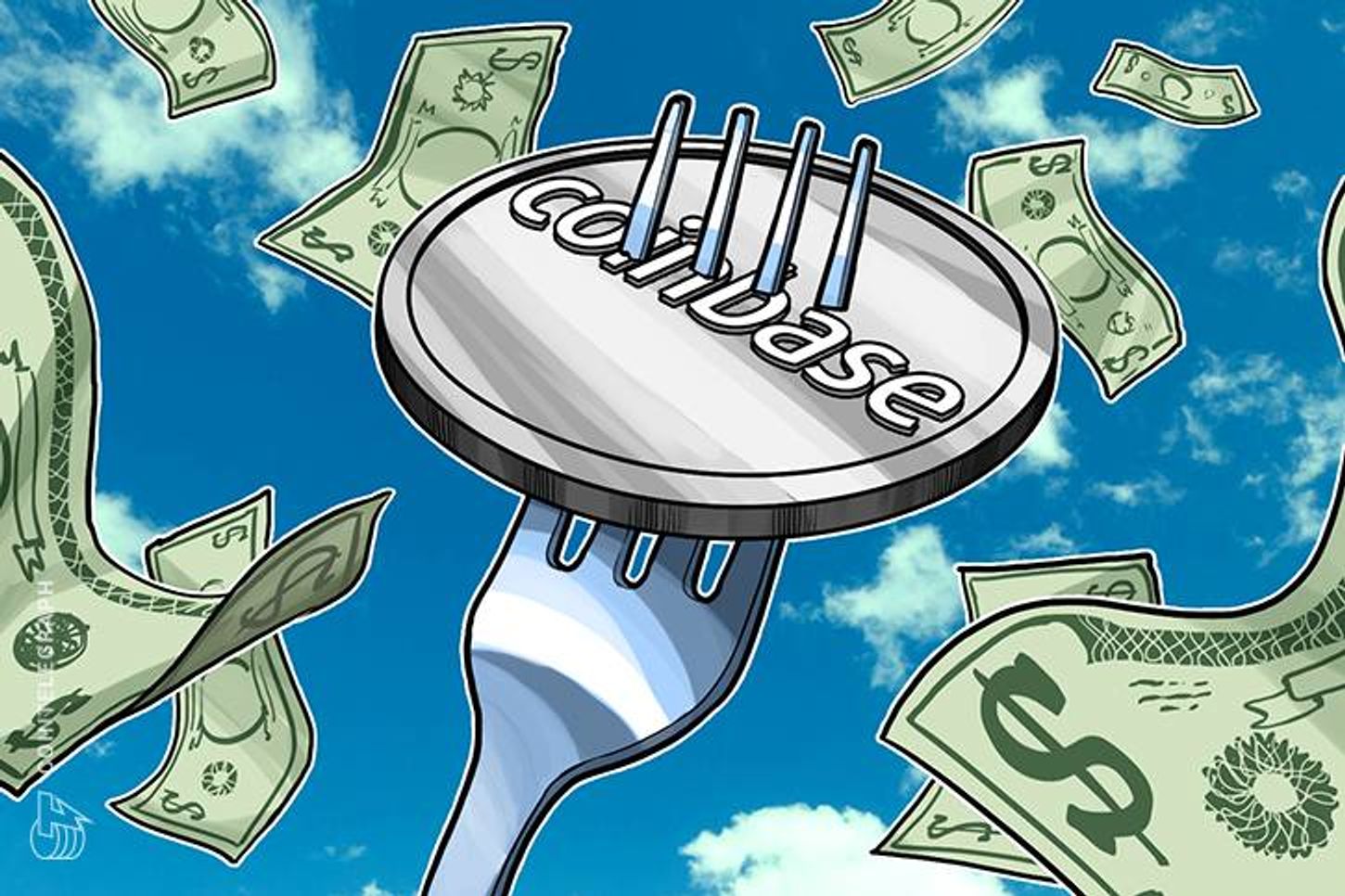46
News related to Crypto / Tim Draper Calls India’s Crypto Stance A “Huge Mistake,” Warns Of Potential Brai
« on: April 07, 2018, 04:47:11 PM »
Tech investor Tim Draper, whose recent re-entry to India’s market was prompted by Prime Minister Narendra Modi’s promise to crackdown on corruption, nevertheless criticized India’s negative stance on cryptocurrencies during an interview with The Economic Times published yesterday, April 6.
Draper had returned to the Indian market in February 2017 - having exited it in 2016 due to a perceived lack of “rule of law” prompting Draper Fisher Jurvetson to sell their entire Indian portfolio - when the Mumbai-based startup backer Blume Ventures joined the Draper Venture Network.
India’s central bank had announced on April 5 that they would no longer deal with crypto-related accounts - not the direct government ban on crypto which had been falsely rumoured in early February. India’s Ministry of Finance had also criticized cryptocurrency as a “Ponzi scheme” without “intrinsic value” at the beginning of January.
Despite his positive outlook on Modi’s ability to stamp out corruption, Draper calls the Indian government’s denial of cryptocurrency as valid tender as “the stupidest thing,” also referencing China’s similar stance:
Quote
“If I had a meeting with Modi, I would have let him know he is making a huge mistake.”Draper notes that “Bitcoin and lockchain are the best things to have happened for business,” adding that “countries such as India, where billions of rupees are wasted on inefficiencies and needless paperwork, will benefit most from the ease and security of blockchain.” If India makes cryptocurrency illegal, then, according to Draper, “other countries will raise their hands to get all the [Indian Blockchain] entrepreneurs:”
Quote
“If the local authorities are banning crypto, then companies in the space should move elsewhere. The government needs to realize that it is stifling innovation and should instead be creating an environment where these ideas can be tested and promoted. They have the choice to be trendsetters and attract the world’s best engineers and coders, or lose their best and brightest to other regions.”Draper, who is a Bitcoin (BTC) enthusiast, said during the interview that Bitcoin “should be the national currency” of India, for Draper believes that its “global” nature and ability to store value will make it “acceptable everywhere for transactions” in a few years.
Draper also spoke about the potential for Blockchain to “roc[k] the venture capital business,” creating a competitive virtual environment where only the “flexible and reinvent[ive]” will be successful:
Quote
“Down the road, you won’t have to physically leave a place to choose a better government. From wherever I am, I can get social security from Chile, healthcare insurance from Canada, education from Russia. The whole system will be much more virtual.”In regards to investments in future Indian Blockchain and crypto startups, Draper mentioned that Blume Ventures and Boost VC had co-invested in Unocoin, and that he will “continue to seek other opportunities.”
One of Unocoin’s co-founders, Sathvik Vishwanath, had said earlier this week that the central bank has not taken the “right direction” in regards to cryptocurrencies, citing that the bank’s ban will “cause panic among a few million people in India who are already using [cryptocurrencies.]”
Source



 Latest news:
Latest news: 





 Shop
Shop













